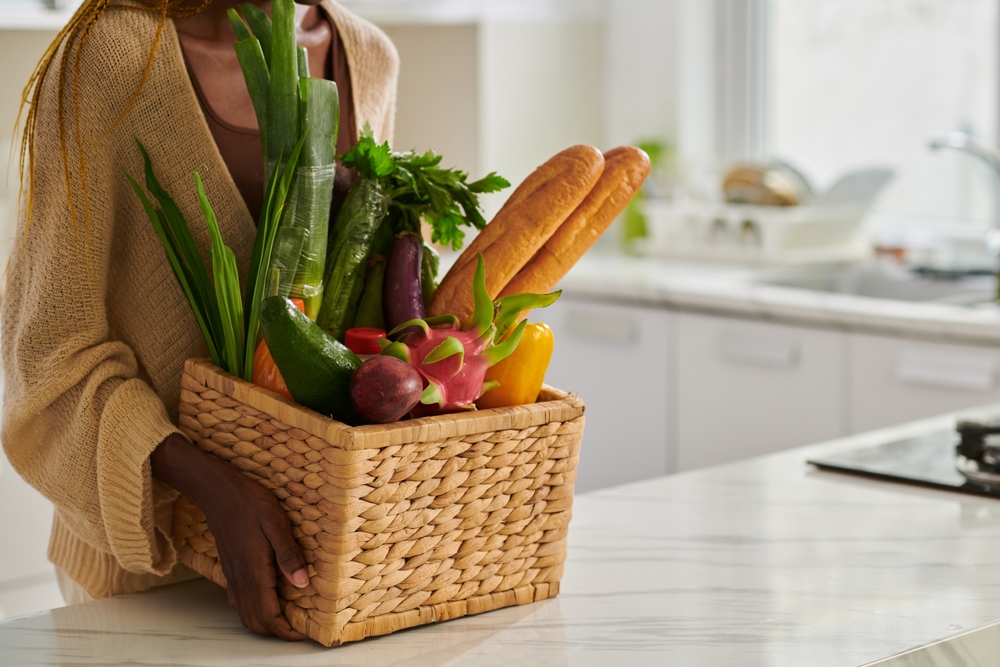A Basket of Wholesome (& Wholefood) Humanitarianism

By Asiimwe Najjuma
As a current Master’s of Public Health student, I have spent many years of my academic career studying a multitude of health disparities faced by communities across the United States. Attending school in the city of Detroit for the past 7 years has provided me a unique perspective to the particular blight of health disparities faced by many populations within this city. As a young undergraduate student back in 2017, I will never forget how staggering it was to learn about the maternal health crisis in Detroit for the very first time. I was shocked to hear that Detroit’s maternal death rate is 3 times the national average, with pregnant Black women being 4.5x as likely to die during childbirth than non-Hispanic white women. After having my eyes opened to the inequities faced by pregnant women in Detroit, I knew that I wanted to focus my public health career on humanitarian work within this very issue.
After beginning graduate school last fall, I was eager for an opportunity to begin to make a measurable impact in improving health outcomes for pregnant women in Detroit. It was during this time I was introduced to the Albert Schweitzer Fellowship. This one-year long fellowship provides an opportunity for graduate students in the health and human service professions to independently design and carry out a community health service project with measurable outcomes and sustainable change. I decided to design a project that combined my passion for maternal health with another pressing public health issue in Detroit – food insecurity. Detroit is a food desert with nearly 50% of households in the city being food insecure, and food insecurity among pregnant women is associated with several negative health outcomes. With this in mind, I intersected these two issues to design a food-delivery service initiative that includes personalized cards and culturally competent recipes for my fellowship project. Over the course of the fellowship year, I will be hand-delivering nutritious food baskets and recipe cards twice a month to a pool of pregnant women in Detroit who qualify as food insecure.
My objective in this project is to build a personal connection with the pregnant women that I serve while increasing their access to nutritious foods and recipes to support a healthy pregnancy. As an aspiring public health professional, I have come to see this field as one intrinsically tied to service, mutual aid, and humanitarianism. This opportunity to contribute to the betterment of maternal health outcomes in Detroit, even if in a small way, is a privilege because it allows me to begin to make my footprint in the sphere of localized humanitarian work in this city. Today, on World Humanitarian Day, I am reflecting on the progress that has been made in the world of public health by those who have worked to center the welfare of marginalized communities. Here in Detroit, where pregnant women are systemically unsupported and under protected, I am striving for this fellowship project to provide an avenue for vulnerable pregnant women to be centered. To me, humanitarianism is about the centering of communities that society fails to center. This is why I chose to study public health, pursue this fellowship, and why I aspire to contribute my career to the uplifting of vulnerable pregnant women in our country. I look forward to the direct service I will be able to complete during this fellowship year and to the interpersonal connections and relationships that will be fostered along the way.
Asiimwe Najjuma is a Wayne State University Public Health student and Albert Schweitzer Fellow
